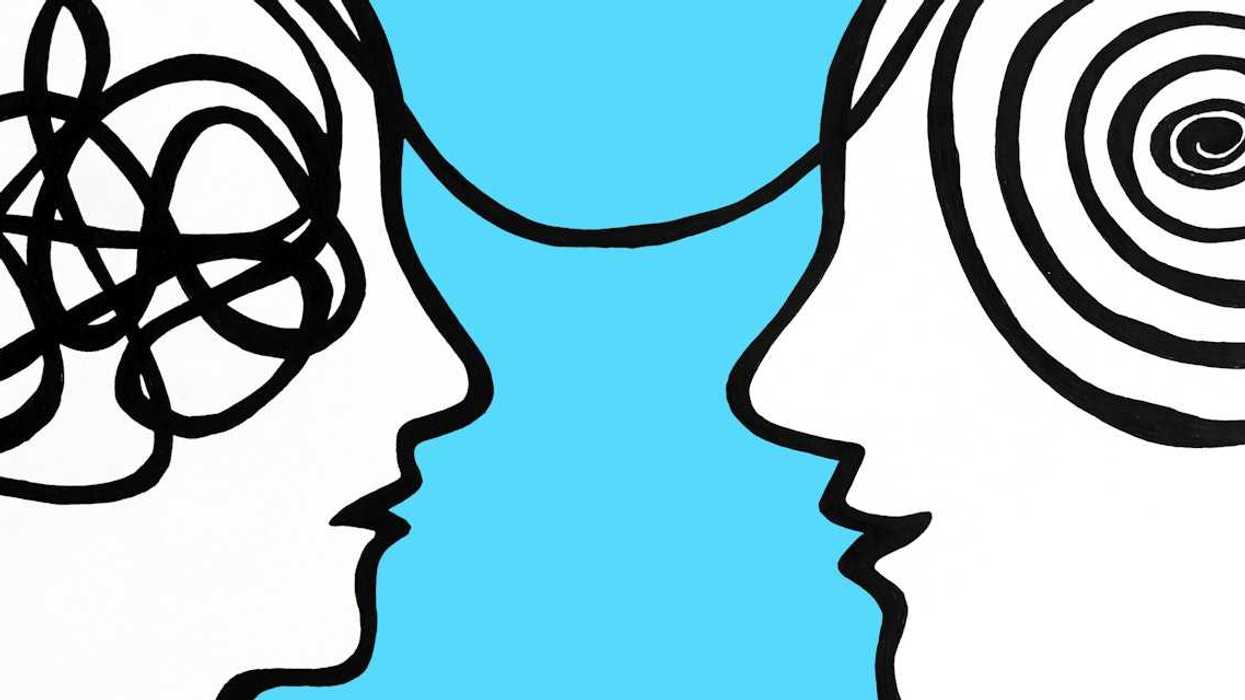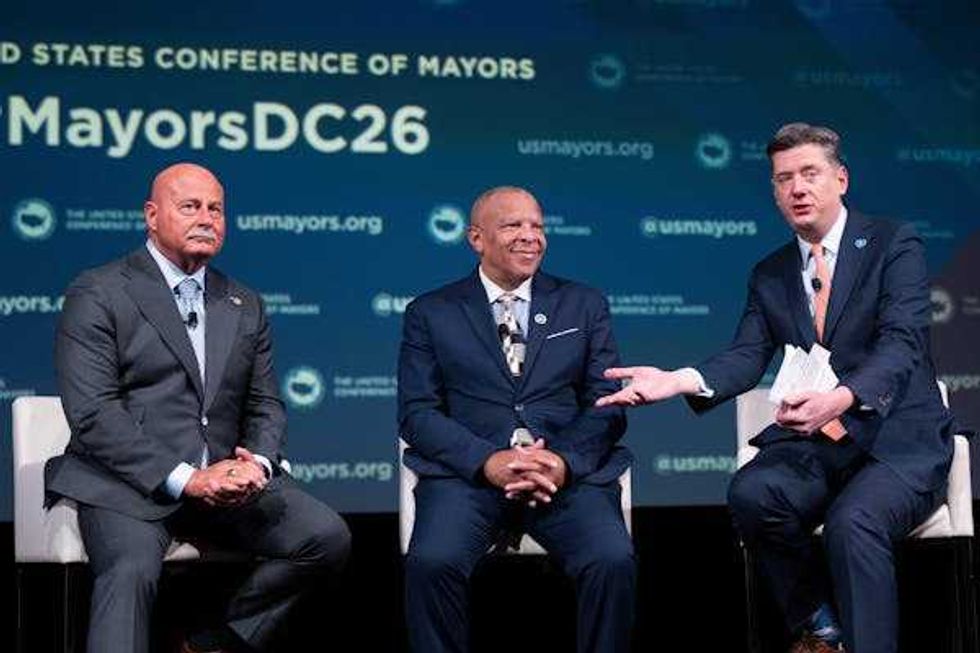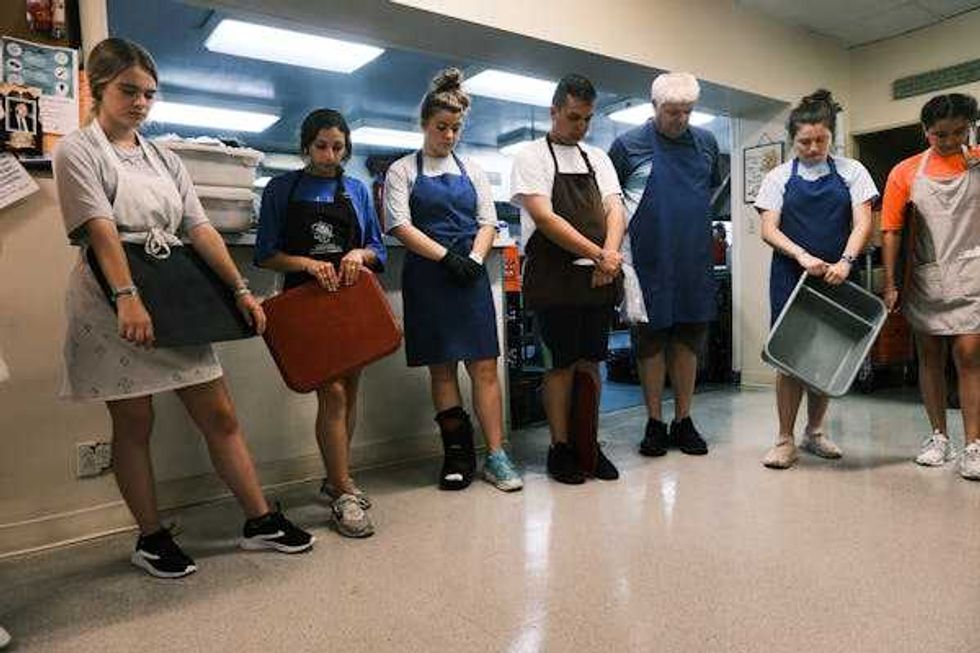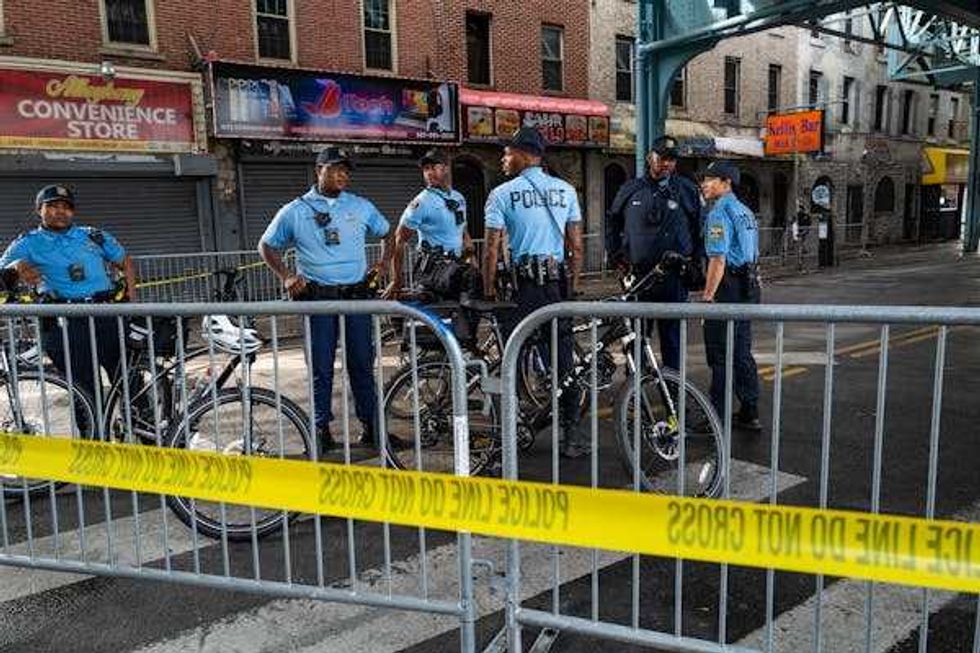Jessica Long, an acclaimed Paralympic swimmer with a remarkable medal haul from the 2016 Games—one gold, three silvers, and two bronzes—relies on two prosthetic legs in daily life. But despite her athletic success, she still faces ableism.
In a widely shared TikTok video, Long recounts an encounter where a woman wrongly assumed she wasn’t disabled after seeing her park in a handicapped spot. In the clip, Long calls out these kinds of snap judgments and urges people to stop policing who “looks” disabled—because disabilities aren’t always visible, as noted by Bored Panda.
"So, it just happened again," she says at the begining of the video. "I was parking my car—and I hope she sees this—this woman just has the nerve to look me up and down disgusted that I parked in the handicapped spot." Then, revealing her blue handicapped parking tag, Long reiterates, "I don't have legs. But she just kind of rolled down her window and proceeded to be like, 'You shouldn't park there.'" After proceeded to inform the woman that she is, indeed, an amputee with a verified pass,the woman apparently just drives off.
"I was never bullied as a kid, and I didn't know that I was going to be bullied as an adult because I park in handicapped," Long explains. "I get it. I'm young and athletic but I'm also missing legs."
Her video serves as a powerful statement that disabilities aren't always visible and no one should make assumptions about another person's condition. Invisible disabilities are just as legitimate as those that are visible, and it's crucial for able-bodied individuals to expand their understanding to encompass all types of disabilities, even those that don't fit into their narrow definitions.
Diagnosed with fibular hemimelia at birth, Long has become the second most decorated US Paralympian in history. Through her social media presence, she challenges traditional views of what disability looks like. In an interview with BuzzFeed, she said: "I get it, I don’t 'look' handicapped, but what does that even mean?! I’ve been through more surgeries than I can count. My whole life I’ve had to adapt. I rely on my handicap pass. Every day is different... Some days my legs don’t hurt as bad, but for the most part they cause me pain. So, when I park in a handicap spot, I actually need it. There’s some people who will abuse handicap parking, but mostly I believe people need it."
She expressed her willingness to discuss her disability, but emphasized that she does not "understand blatant rudeness, especially based on assumption ... I always try to be kind and give people the benefit of the doubt first, and I hope more people will choose that as their first response," she said. "I absolutely love sharing my story and journey with the world. I hope to educate how amputees use their prosthetic legs."
You can follow Long on to learn more about her journey, future plans, and everyday life.
This article originally appeared last year.


















 Gif from 'The Good Place' of Eleanor giving a nervous thumbs up via
Gif from 'The Good Place' of Eleanor giving a nervous thumbs up via 

 A teacher works with first grade students at Rosita Elementary School in Santa Ana, Calif., on Feb. 12, 2026.
A teacher works with first grade students at Rosita Elementary School in Santa Ana, Calif., on Feb. 12, 2026.  Students and their teacher are seen in 1899 in a Washington, D.C., public school classroom.
Students and their teacher are seen in 1899 in a Washington, D.C., public school classroom. 
 A coupe on a romantic dateCanva
A coupe on a romantic dateCanva
 When mayors come together, they often find they face common problems in their cities. Gathered here, from left, are Jerry Dyer of Fresno, Calif., John Ewing Jr. of Omaha, Neb., and David Holt of Oklahoma City.
When mayors come together, they often find they face common problems in their cities. Gathered here, from left, are Jerry Dyer of Fresno, Calif., John Ewing Jr. of Omaha, Neb., and David Holt of Oklahoma City. Mayors can find themselves caught up in national debates, as did Minneapolis Mayor Jacob Frey over the Trump administration’s immigration enforcement policies in his city.
Mayors can find themselves caught up in national debates, as did Minneapolis Mayor Jacob Frey over the Trump administration’s immigration enforcement policies in his city.

 Volunteers at the St. Francis Inn pray together before serving a meal on July 19, 2021.
Volunteers at the St. Francis Inn pray together before serving a meal on July 19, 2021. Police close down a section of Kensington Avenue to clear a homeless encampment on May 8, 2024.
Police close down a section of Kensington Avenue to clear a homeless encampment on May 8, 2024.
 A young person doing their monthly budgetCanva
A young person doing their monthly budgetCanva